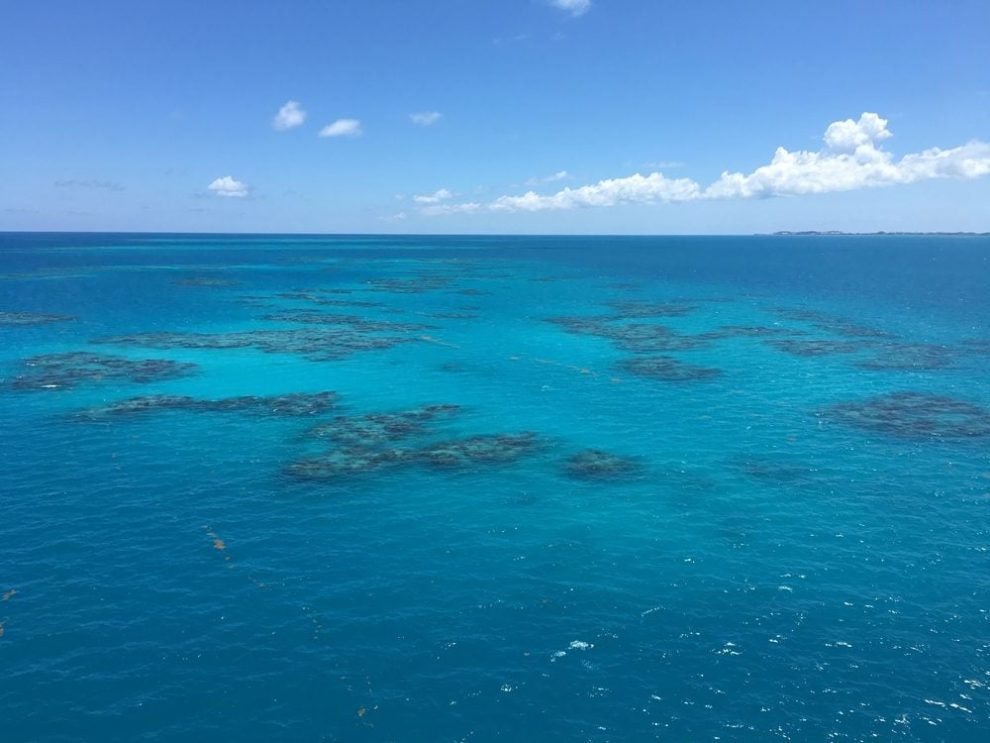The oceans cover more than 70% of our planet’s surface, making them a vital and mesmerizing part of Earth’s ecosystem. With their vastness, depth, and diverse marine life, the oceans have captivated humans for centuries. In this blog post, we will embark on a journey to explore the wonders of the oceans, diving into their significance, biodiversity, environmental challenges, and the human connection to these awe-inspiring bodies of water.
I. The Significance of Oceans Oceans play a crucial role in maintaining the balance of Earth’s climate, regulating temperatures, and distributing heat around the globe. They are a major source of oxygen, absorb carbon dioxide, and provide a habitat for countless marine species. Oceans also support various industries such as fishing, shipping, and tourism, contributing to economies worldwide.
II. The Biodiversity of Marine Life The oceans are teeming with an incredible diversity of marine life. From microscopic plankton to majestic whales, marine ecosystems harbor a wide array of species. Coral reefs, kelp forests, and deep-sea habitats are home to unique organisms that have adapted to survive in challenging environments. The oceans hold many mysteries yet to be discovered, with new species being identified regularly.
III. Exploring Ocean Zones The oceans are divided into distinct zones based on depth and light penetration. These zones include the sunlit surface zone, the twilight zone, the midnight zone, and the abyssal zone. Each zone presents unique ecological conditions and supports a specific range of marine organisms, showcasing the remarkable adaptability of life in different ocean depths.
IV. Environmental Challenges and Conservation Efforts The oceans face numerous environmental challenges, including overfishing, pollution, climate change, and habitat destruction. These factors threaten marine ecosystems and the delicate balance of ocean life. Conservation efforts, such as marine protected areas, sustainable fishing practices, and reducing plastic waste, are crucial for preserving the health and biodiversity of the oceans.
V. The Human Connection to the Oceans Humans have a deep connection to the oceans, both culturally and economically. Coastal communities rely on the oceans for sustenance, livelihoods, and recreation. Oceans also have a profound impact on human well-being, with studies showing the therapeutic benefits of being near or in the water. Protecting and respecting the oceans is not only an ecological imperative but also vital for our own health and happiness.
VI. Exploring the Last Frontier: Deep-Sea Exploration Much of the ocean’s depths remain unexplored, making it one of the last frontiers on Earth. Deep-sea exploration using advanced technology and submersibles has revealed fascinating discoveries, including new species, hydrothermal vents, and underwater geological formations. The pursuit of knowledge in the deep sea continues to unveil the mysteries of our planet’s blue realm.
Conclusion: The oceans are magnificent, diverse, and essential to the well-being of our planet. They offer a vast playground for exploration, a rich source of biodiversity, and a deep connection to our human existence. It is our collective responsibility to protect and conserve these awe-inspiring bodies of water for future generations. By understanding the significance of oceans, embracing sustainable practices, and fostering a sense of stewardship, we can ensure the preservation of their wonders and maintain the delicate balance of life on Earth.



















Add Comment